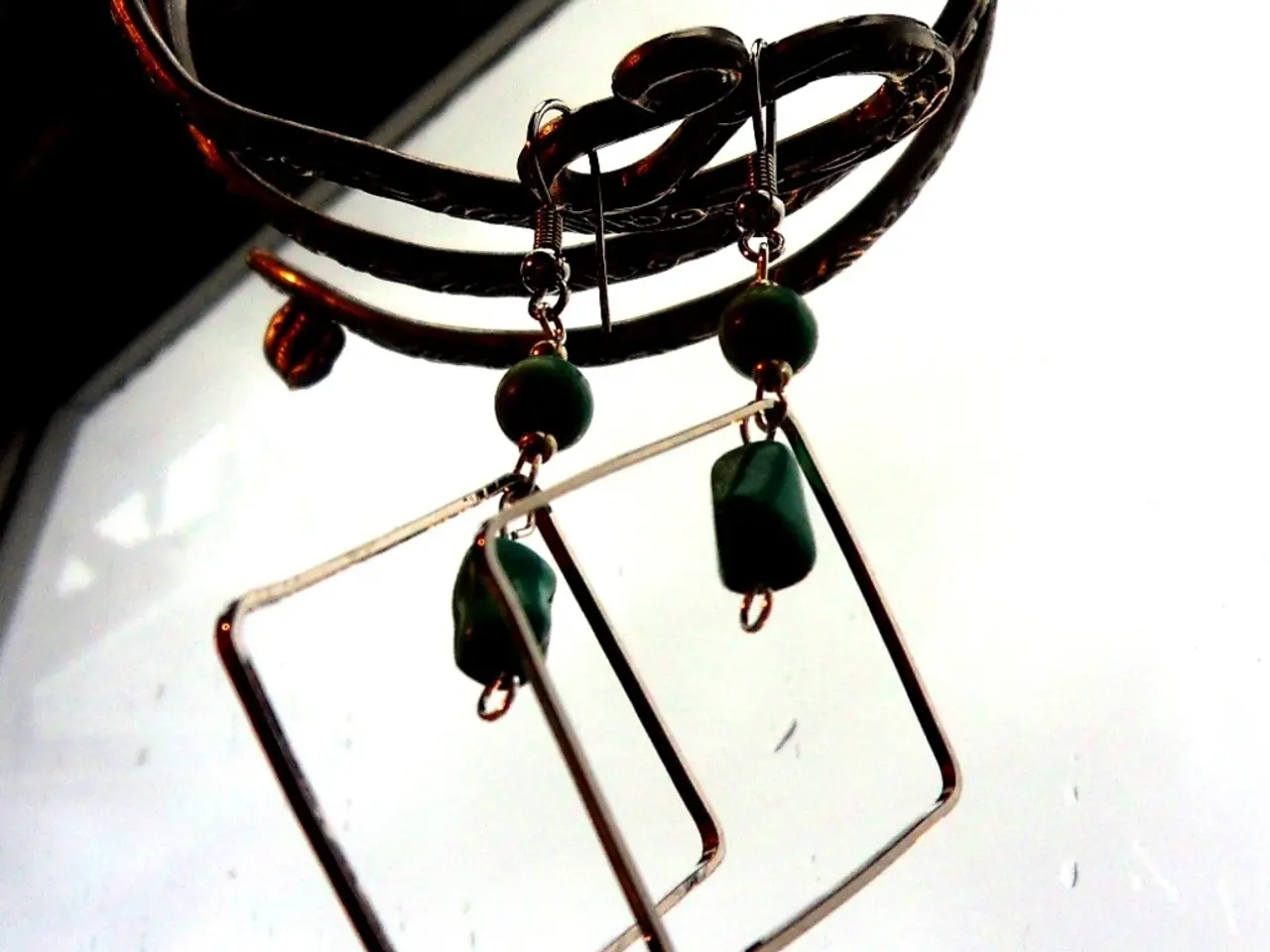Clogged Ears: Origin, Solutions, and When to Consult a Medical Professional
Ear congestion can be a bothersome and uncomfortable condition, caused by various factors such as allergies, sinus issues, and earwax buildup. This article will outline the main treatments for each cause and provide some home remedies for supportive care.
Allergy-Related Ear Congestion
Allergies can trigger a response in the body that leads to ear congestion. To alleviate symptoms, the following treatments may be considered:
- Oral Antihistamines: Medications such as loratadine (Claritin), cetirizine (Zyrtec), and fexofenadine (Allegra) help reduce the body’s allergic response and can provide relief from ear fullness or discomfort.
- Nasal Corticosteroids: Sprays like fluticasone (Flonase), mometasone (Nasonex), budesonide (Rhinocort), and triamcinolone (Nasacort) reduce inflammation in the nasal passages, promoting drainage and relieving pressure on the Eustachian tubes.
- Oral and Nasal Decongestants: Oral decongestants such as pseudoephedrine (Sudafed) or phenylephrine can shrink swollen nasal passages and may help open up the Eustachian tube. Nasal sprays like oxymetazoline (Afrin) or phenylephrine (NeoSynephrine) work quickly but should not be used for more than three days to avoid rebound congestion.
- Allergen Avoidance: Minimizing exposure to allergens (e.g., using HEPA filters, allergen-proof bedding, regular cleaning) can help prevent symptoms.
- Immunotherapy: For chronic or severe cases, allergy shots or sublingual tablets may provide long-term relief by desensitizing the immune system to specific allergens.
- ENT Evaluation: If symptoms persist despite treatment, an ear, nose, and throat (ENT) specialist may recommend procedures such as balloon dilation of the Eustachian tube or, rarely, placement of ear tubes.
Sinusitis-Related Ear Congestion
Sinusitis can cause ear congestion due to dysfunction of the Eustachian tubes. The following treatments can help:
- Nasal Corticosteroids: These sprays reduce sinus and nasal inflammation, which can relieve Eustachian tube dysfunction and ear pressure.
- Oral and Nasal Decongestants: These can help relieve sinus and ear congestion, but nasal sprays should be used short-term.
- Antibiotics: If bacterial sinusitis is diagnosed, a course of antibiotics may be prescribed.
- Steam Inhalation and Warm Compresses: These can help soothe discomfort and promote drainage from congested sinuses and ears.
- Nasal Saline Irrigation: Rinsing the nasal passages with saline can help clear mucus and reduce congestion.
- Hydration and Humidification: Drinking fluids and using a humidifier can keep mucous membranes moist and facilitate drainage.
Earwax Buildup
Earwax buildup can cause ear congestion. To address this issue, consider the following treatments:
- Earwax Softening Drops: Over-the-counter drops containing mineral oil, hydrogen peroxide, glycerin, or saline can help soften and loosen earwax for easier removal.
- Irrigation: Gently flushing the ear canal with warm water (after wax is softened) can help remove excess wax. This should be done carefully to avoid injury.
- Manual Removal: A healthcare provider may remove earwax using specialized tools.
- Avoid Cotton Swabs: Inserting objects into the ear canal can push wax deeper and cause impaction, so it’s best to avoid them.
Home Remedies and Supportive Care
In addition to the main treatments, the following home remedies and supportive measures can provide relief from ear congestion:
- Warm Compress: Applying warmth to the affected ear can reduce discomfort and promote drainage.
- Steam Inhalation: Inhaling steam (possibly with added essential oils like eucalyptus or peppermint) can open nasal passages and ease ear congestion.
- Yawning or Swallowing: These actions can help equalize ear pressure, especially during altitude changes.
- Chewing Gum or Sucking on Candy: Stimulates swallowing, which can help open the Eustachian tube.
Summary Table
| Cause | Main Treatments | Supportive Measures | |----------------------|--------------------------------------------------------------------------------|------------------------------------| | Allergies | Antihistamines, nasal corticosteroids, decongestants, immunotherapy, ENT care | Allergen avoidance, hydration | | Sinusitis | Nasal corticosteroids, decongestants, antibiotics (if bacterial), steam, saline | Hydration, humidification | | Earwax Buildup | Wax softening drops, irrigation, manual removal | Avoid cotton swabs |
If symptoms persist, worsen, or are accompanied by severe pain, hearing loss, or discharge, seek medical evaluation promptly. For more information on specific conditions related to ear congestion, such as Meniere's disease and allergic rhinitis, please refer to the additional facts provided.
- COPD, asthma, and obesity can increase the risk of developing ear infections, leading to ear congestion.
- In health-and-wellness concerns, maintaining good overall health can help prevent ear infections, and regular check-ups with a healthcare provider are essential.
- COPD, asthma, and obesity can also contribute to sinus issues, which can in turn cause ear congestion.
- Diabetes, if uncontrolled, can worsen symptoms of ear congestion, making it more difficult to treat effectively.
- Predictive studies show that addressing underlying health conditions may help alleviate or prevent ear congestion.
- The AQ index, which measures air quality, can impact the prevalence of ear congestion, particularly in people with allergies or asthma.
- A stuffy nose, a common symptom of ear congestion, can be due to allergies, sinusitis, or earwax buildup.
- Depression can exacerbate symptoms of ear congestion, making it harder to find relief and deal with the accompanying discomfort.
- In the field of science, research continues to explore new treatments for ear congestion and related conditions in order to provide effective solutions for those affected.




